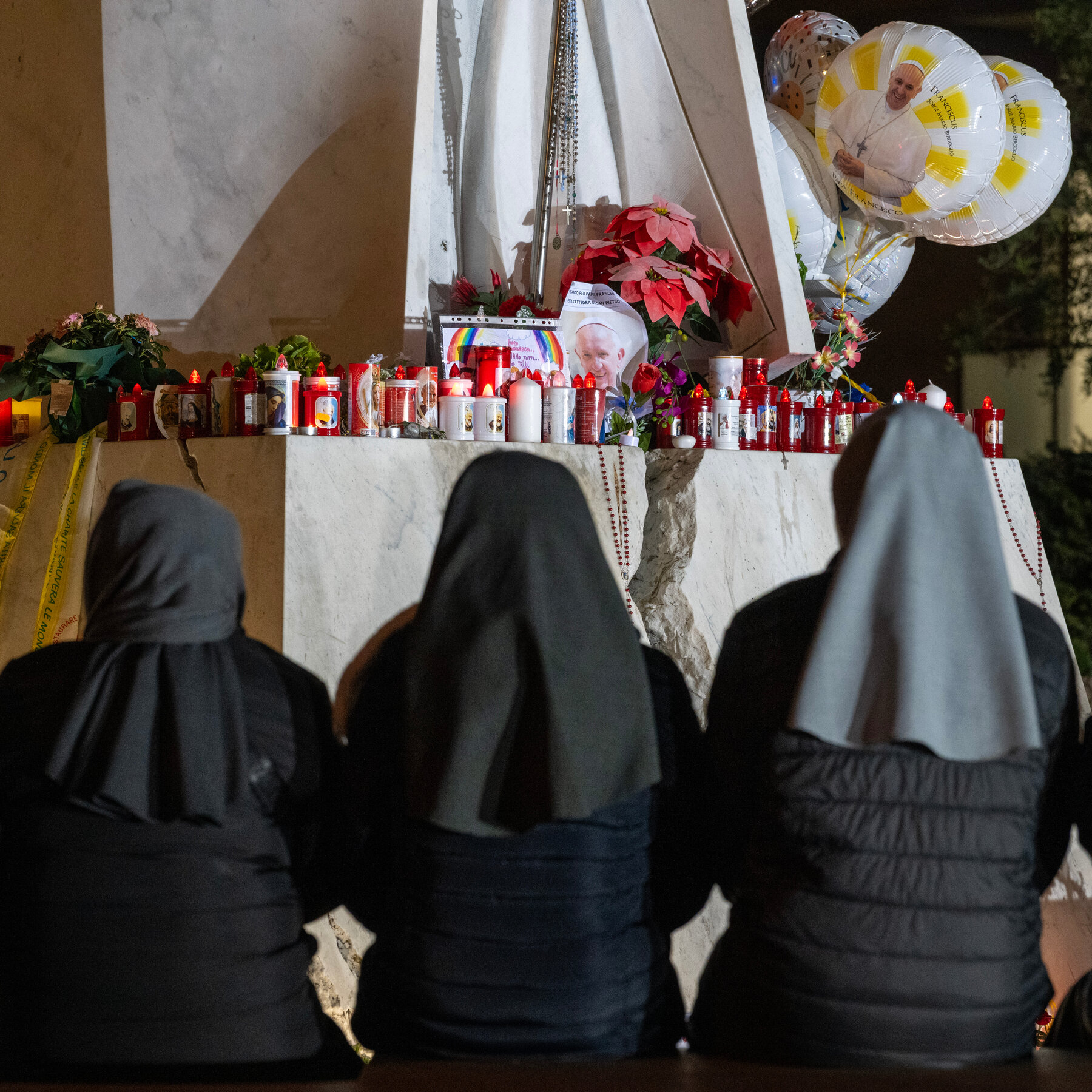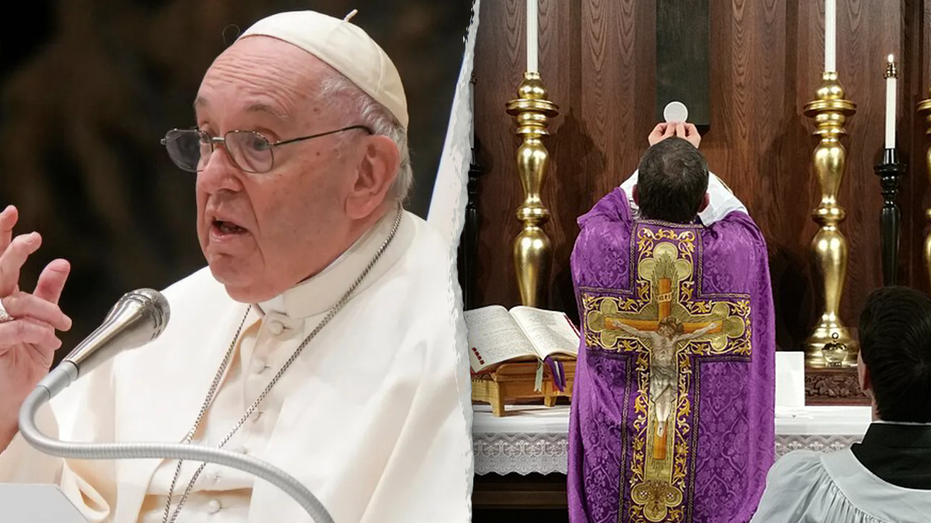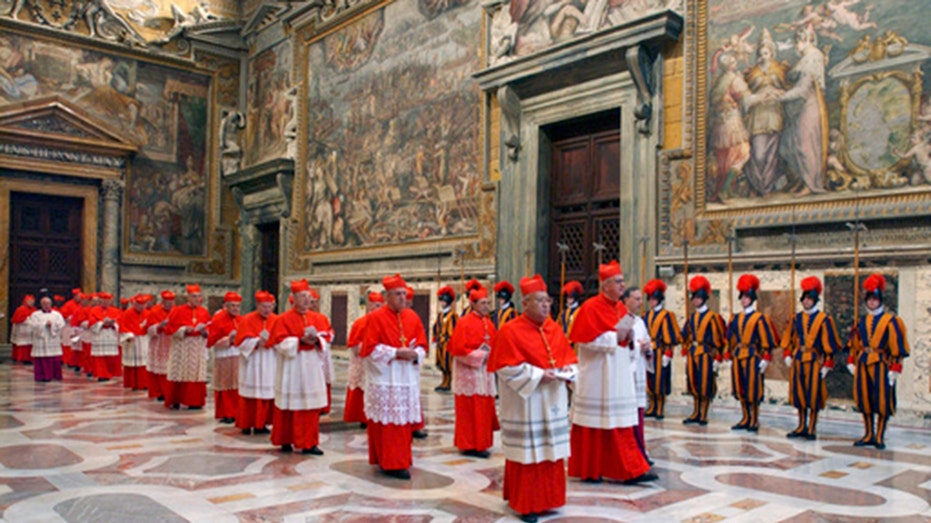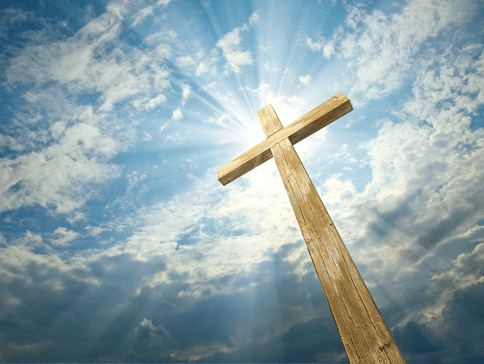Pope Francis' Health Crisis Sparks Questions About End-of-Life Decisions

Sarah Johnson
March 3, 2025
Brief
Pope Francis' recent respiratory crisis has raised urgent questions about papal succession, end-of-life planning, and Vatican protocols as concerns over his health grow.
A respiratory crisis suffered by Pope Francis during his two-week hospitalization for pneumonia has brought an intensely delicate issue into the spotlight: What happens if the pope's health significantly deteriorates? These are the kind of questions no one really wants to ask but must confront when the leader of the Roman Catholic Church, now 88, faces such a serious health challenge.
Friday’s episode, which required noninvasive mechanical ventilation, has left many in the church wondering about the pope’s approach to prolonged medical interventions and, ultimately, his end-of-life plans. Pope Francis has previously mentioned a resignation letter he placed with the Vatican shortly after his election, intended for use should he become incapacitated. However, the details of this letter remain a mystery. It’s also unclear whether he has a living will or has designated someone to make such critical decisions on his behalf.
When asked about these concerns, the Vatican’s response was succinct: "It’s too early to talk about end-of-life details." While that might sound like a diplomatic way of saying "let’s not go there yet," Saturday's health update did provide some reassurance. According to the Vatican statement, "The clinical condition of the Holy Father remains stable," and he is currently without fever or signs of new infection. Encouragingly, Pope Francis has been spending more time off the mechanical ventilation, and even took a private moment to pray for 20 minutes in the chapel connected to his hospital room.
Sunday morning brought further good news: the pope reportedly slept peacefully through the night and continued to rest. But here's the thing—while this update may calm some nerves for now, it doesn’t erase the growing concern among church experts about the lack of a public protocol for handling end-of-life decisions for a sitting pope. After all, as the events of Friday have shown, the question isn’t hypothetical anymore.
Some of Pope Francis’ supporters argue that these discussions are premature, even intrusive, given his current condition. But let’s be real—when you’re the leader of 1.3 billion Catholics worldwide, these aren’t just personal matters; they’re global ones. The absence of a clear plan leaves not only the faithful but also church leadership in a precarious position, should the unthinkable happen.
Topics
Editor's Comments
It’s fascinating how even in the most structured institutions like the Vatican, certain critical matters—like a pope’s end-of-life care—can remain so undefined. The lack of a clear, public protocol seems like a glaring oversight, especially when considering how much foresight and tradition the Church usually prides itself on. Maybe it’s time they take a page out of, well, their own book of planning!
Like this article? Share it with your friends!
If you find this article interesting, feel free to share it with your friends!
Thank you for your support! Sharing is the greatest encouragement for us.



